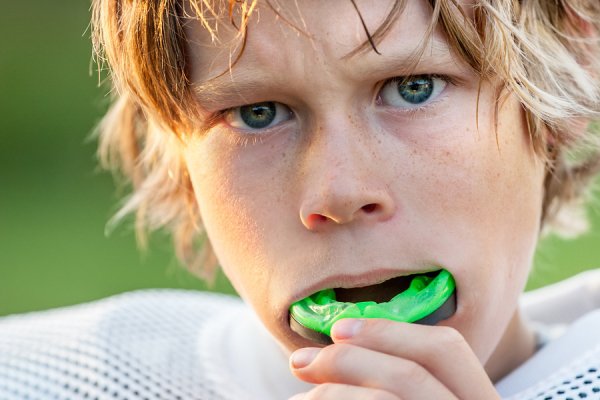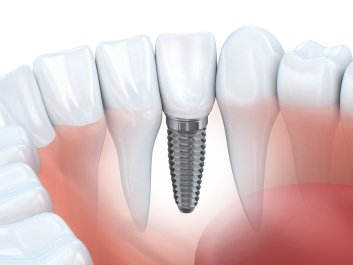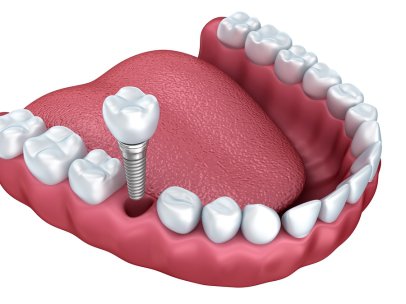
Our modern conception of the medieval times evokes images of barbaric medical practices, knights and ladies, unusual fashion, poor hygiene and, by extension, rotting teeth. Surprisingly, medieval folk had pretty healthy teeth, bolstered not only by the era’s aesthetic preference for white teeth and fresh breath, but also by the calcium-rich diet that was prevalent during the medieval period.
Low-Sugar Diets
In the medieval era, people’s diets were relatively bland, with little to no sugar. At this time, sugar was either hard to find or astronomically expensive, so the common person turned to natural sources of sugar such as fruits and honey—and sparingly, even then. As we would discover hundreds of years later, sugar is conducive to tooth decay through the acid byproduct of bacteria as they feed on sugar remnants on the teeth. Only about 20% of teeth in a medieval person’s mouth showed signs of decay, according to archeological evidence. By the early twentieth century, sugar had become a dietary staple—but dentistry had yet to catch up to the times, and a whopping 90% of teeth showed signs of decay in some populations.
Mouth Maintenance
Medieval people ate the way they did because it was all there was to eat. But archeological evidence and historical records show that medieval people were fairly meticulous about their dental health. In what was an early form of tooth-brushing, people rubbed pastes made of salt and herbs on their teeth and gums to freshen breath and remove what would come to be known as plaque. If herbs weren’t available, medieval people rubbed their teeth with linen cloths instead. Even more surprising was that medieval people used acidic, vinegar or wine-based mouthwashes flavored with herbs and spices. And, for a quick fix for bad breath, people chewed strong, pleasant-smelling herbs. These habits helped maintain white, healthy teeth.
Treatments
In those days, anesthesia didn’t exist, and the primary anesthetic, so to speak, was inebriation. As you can imagine, this was not particularly helpful, much less for the barber, who pulled teeth in addition to his other duties. Treatments for mouth cancers were just as, if not more painful: surgeons would cut out diseased tissue and then cauterize the diseased area—again, without anesthesia. When you take into account the dental “treatments” of the medieval era, it’s no wonder people took such good care of their teeth.
Here at University Associates in Dentistry , we’ve come a long way from the medieval times. We’re experienced providers of general and cosmetic dentistry, dental implants, and more. If you’re looking for dental care in Chicago, visit our website, or call us at (312) 704-5511 to find out more about what we do.





 In dental bonding, a composite resin is applied directly to the surface of the tooth to cover fractures, chips, discolorations, or decay. If you visit your dentist for
In dental bonding, a composite resin is applied directly to the surface of the tooth to cover fractures, chips, discolorations, or decay. If you visit your dentist for  Is your smile holding you back from interacting with the world? Many people develop dull or yellowing teeth for a number of lifestyle reasons. Teeth tend to darken as we get older, and in combination with certain foods or smoking our smiles may eventually lose their luster. A dull smile can take a toll on many of the social aspects in your life. Cosmetic dentistry has made it easier than ever to
Is your smile holding you back from interacting with the world? Many people develop dull or yellowing teeth for a number of lifestyle reasons. Teeth tend to darken as we get older, and in combination with certain foods or smoking our smiles may eventually lose their luster. A dull smile can take a toll on many of the social aspects in your life. Cosmetic dentistry has made it easier than ever to  Drifting Teeth
Drifting Teeth  A cosmetic dentist may recommend dental implants if you are missing a tooth, or if your tooth is so chipped or broken that completely replacing it is your best option. Missing teeth can cause oral health problems, as well as problems for your overall health. They make it difficult to eat certain foods, and can discourage you from maintaining an effective oral hygiene routine. With advances in dental technology,
A cosmetic dentist may recommend dental implants if you are missing a tooth, or if your tooth is so chipped or broken that completely replacing it is your best option. Missing teeth can cause oral health problems, as well as problems for your overall health. They make it difficult to eat certain foods, and can discourage you from maintaining an effective oral hygiene routine. With advances in dental technology,